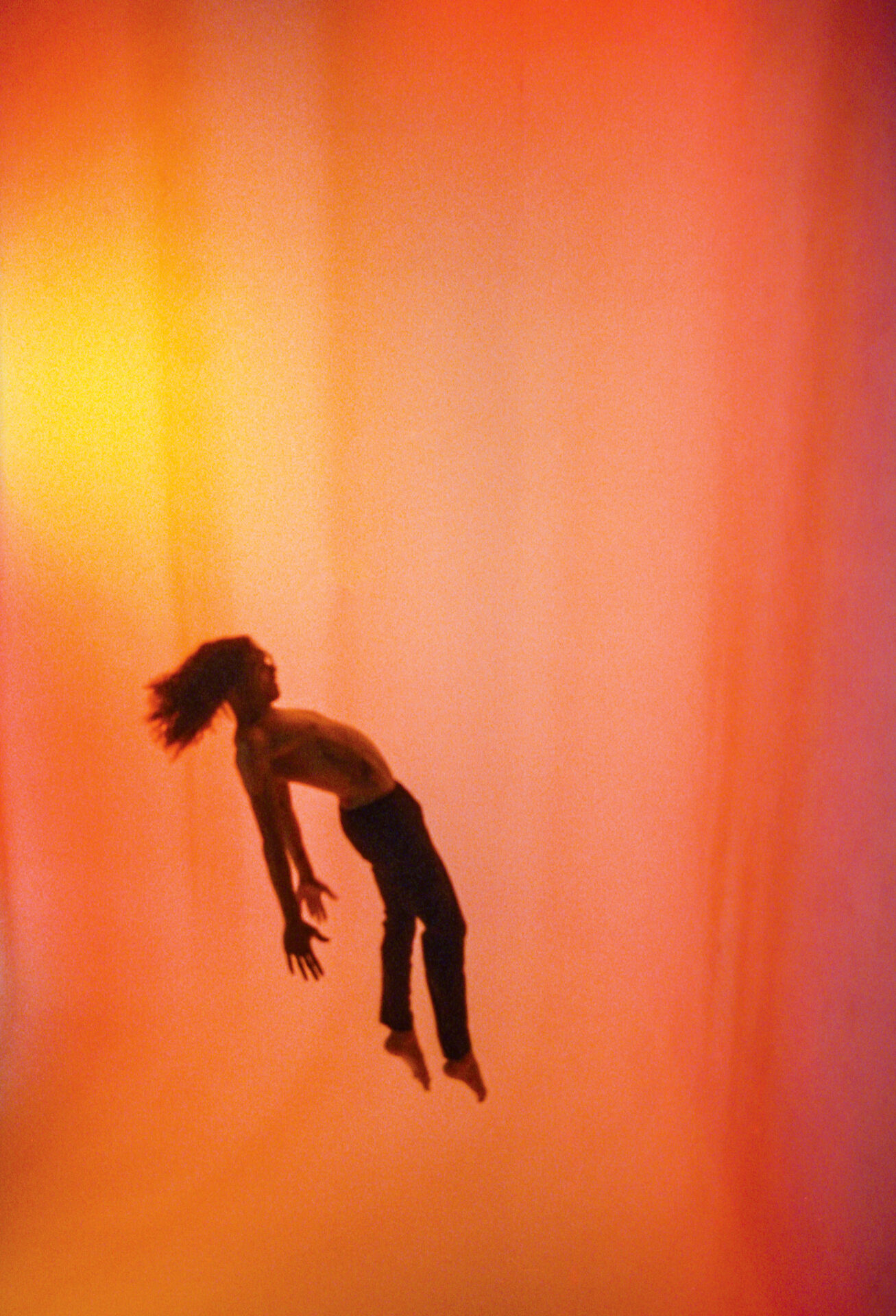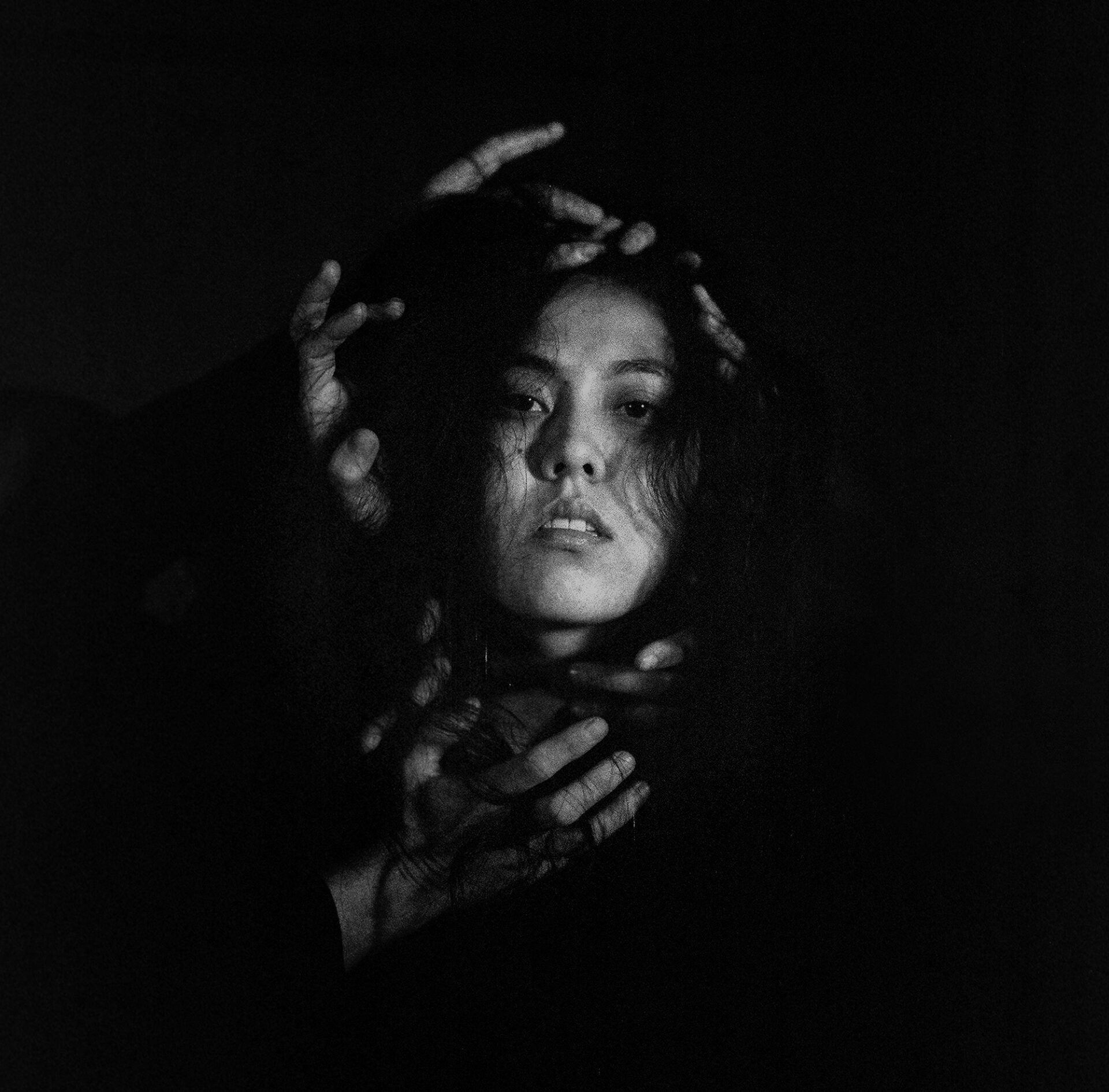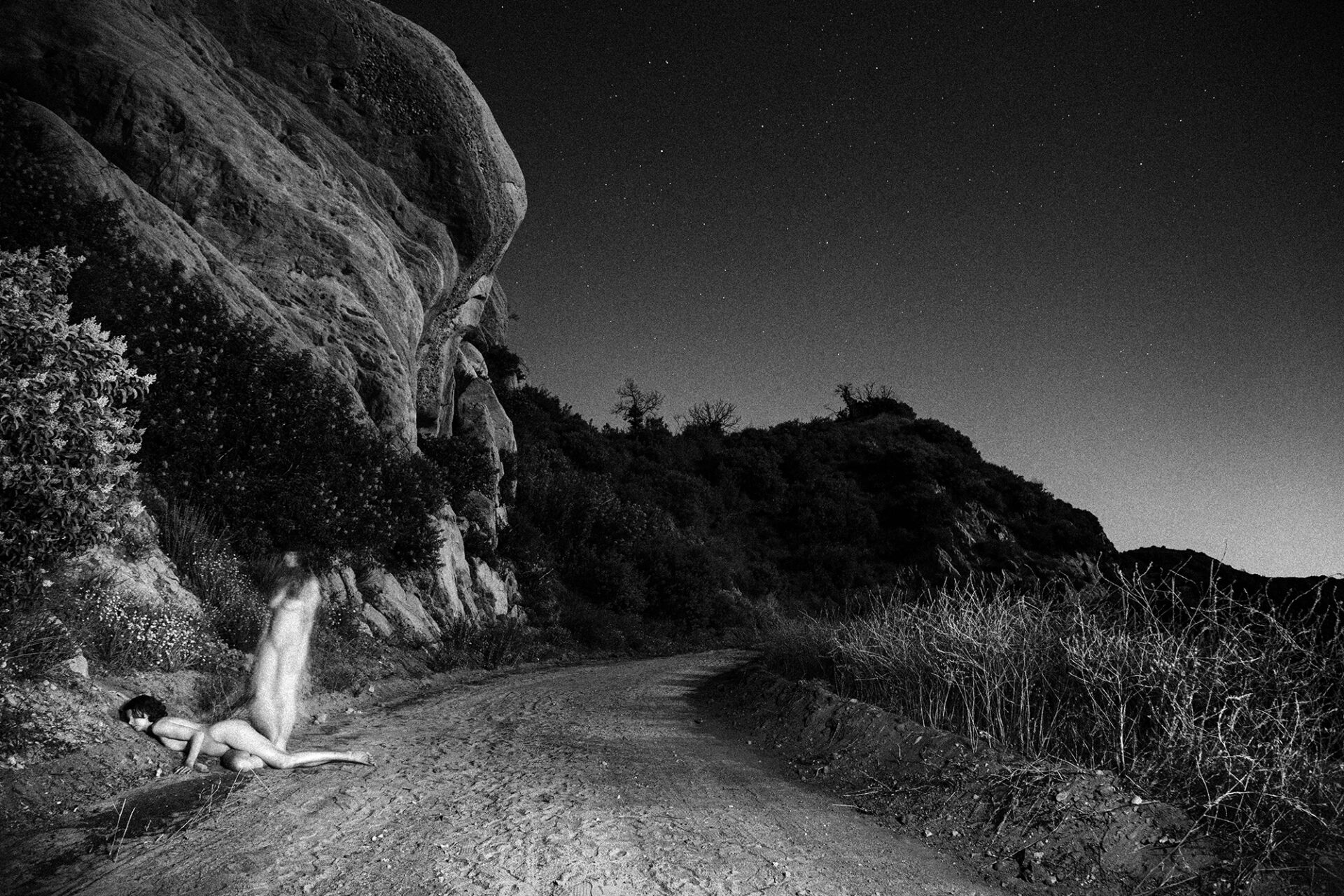Artist: Raquel Natalicchio
Medium: 120 film scan mounted on acrylic
Dimensions: 24 x 36 inches
The late Mark Fisher once famously said that it’s easier to imagine the end of the world than it is to imagine the end of capitalism. The same could be said about prisons: it is easier to imagine the end of the world than it is to imagine a world without prisons. And yet the modern prison as it currently exists in the United States is a fairly recent invention. Although penological debates about competing systems of punishment and rehabilitation raged in the North in the early nineteenth century, by the end of the Civil War, physical penitentiaries were uncommon in some frontier states. Florida—which now has one of the largest prison systems in the U.S.—had no physical penitentiaries at the end of the Civil War and had to create its penal system from scratch.
Yet at this historical juncture prisons have become thoroughly naturalized. Imagining and working toward a world without prisons—which is the project of prison abolition—would not only require us to fundamentally rethink the role of the state in society, but it would also require us to work toward the total transformation of all social relations. A project as lofty and ambitious as this is easy to dismiss as unrealistic, utopian, impractical, naive—an unrealizable dream. But what if—instead of reacting to these charges with counter arguments that persuasively demonstrate that the abolitionist position is the only sensible position, we instead strategically use these charges themselves as a point of departure to show how the prison itself is a problem for thought that can only be unthought using a mode of thinking that does not capitulate to the realism of the Present? Can the re-enchantment of the world be an instrument that we use to shatter the realism of the prison?
Excerpt from “The Prison Abolitionist Imagination” written by Jackie Wang






